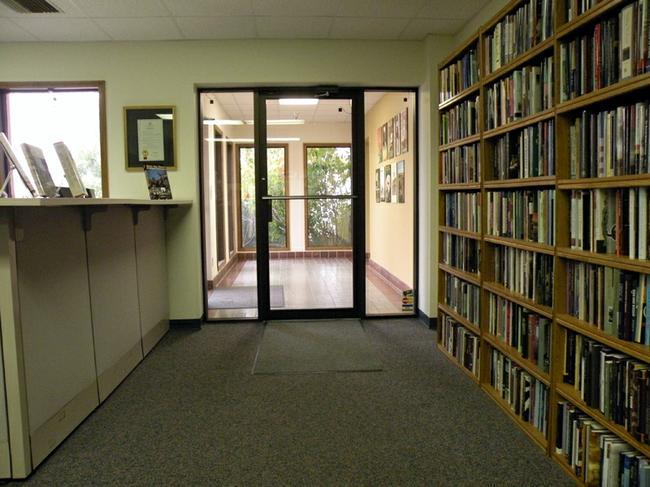An advisory committee of authors, faculty, student scholars and other relevant parties has been named to help transition the University of Missouri Press to the MU campus.
The committee was formed “in an effort to integrate the press with academic and research missions of MU,” an Aug. 28 news release stated. MU Chancellor Brady Deaton said the group will “provide advice and counsel on the press as it is transferred to MU.”
The UM System planned to shut down the press earlier this year, and some employees were laid off. However, the press was later revived and plans were made to transfer control to the MU campus.
“Going forward, we envision that the Press will publish not less — but more—scholarly work,” Deaton said in the release. “A viable, fully functioning Press is essential to a major AAU university.”
Rebecca Johnson, a committee member and nursing professor at MU, has expressed that a functioning university press is best on the MU campus.
“We’re the flagship university (of the UM System),” Johnson said. “It would only make sense that the press complement us.”
No meetings have yet been scheduled for the committee. Johnson, who has published books with other university presses, said it’s important to keep an open mind as the group starts getting together. She said that with the negative publicity toward the university and the UM Press, it’s important to go in without bias.
The committee should also be looking toward the future, Johnson said.
She suggested they “look at potential markets for the press and all of the factors that may influence new directions for the press,” such as competition and the marketplace. Johnson also said having the right attitude will be important throughout the situation.
“I think we need to approach this advisory project positively and with openness as to what the potential can be to make the press the most wonderful press possible,” Johnson said.
Former UM Press Editor-in-Chief Jane Lago, one of 21 members on the advisory committee, said she has her reservations about the press’ success.
“I’m feeling that the press has been so badly damaged that it’s going to be an extremely uphill effort to bring it back to even half of what it was before all of this began,” Lago said.
Lago said the fastest way to bring the press back to where it was would be to reinstate Clair Willcox as the editor-in-chief, which she said would draw back in a lot of authors who have left the press. The second step would be to hire a permanent director who can address a specific vision for the future of the press, Lago said.
It will take a “commitment from the university” to make a viable press, Lago said. As someone who worked there for many years, she hopes the UM Press will continue their reputation as a worldwide publisher.
“I think internationally, more people are aware of the books published by the UM Press than even knew the Missouri Tigers existed,” Lago said. “I know that when I look at the press, I always feel very conscious that we were publishing books that represented the university and the quality of the university.”
UM System President Tim Wolfe agrees with the sentiment.
“My goal is to develop a Press that is vibrant and adaptive, but I realize that change is often difficult,” Wolfe said in the release. “I have been listening to the support and dedication the community and others have shown the press, and make every assurance that university administration is working to create the kind of press of which the academic community and those that it serves can be proud.”








